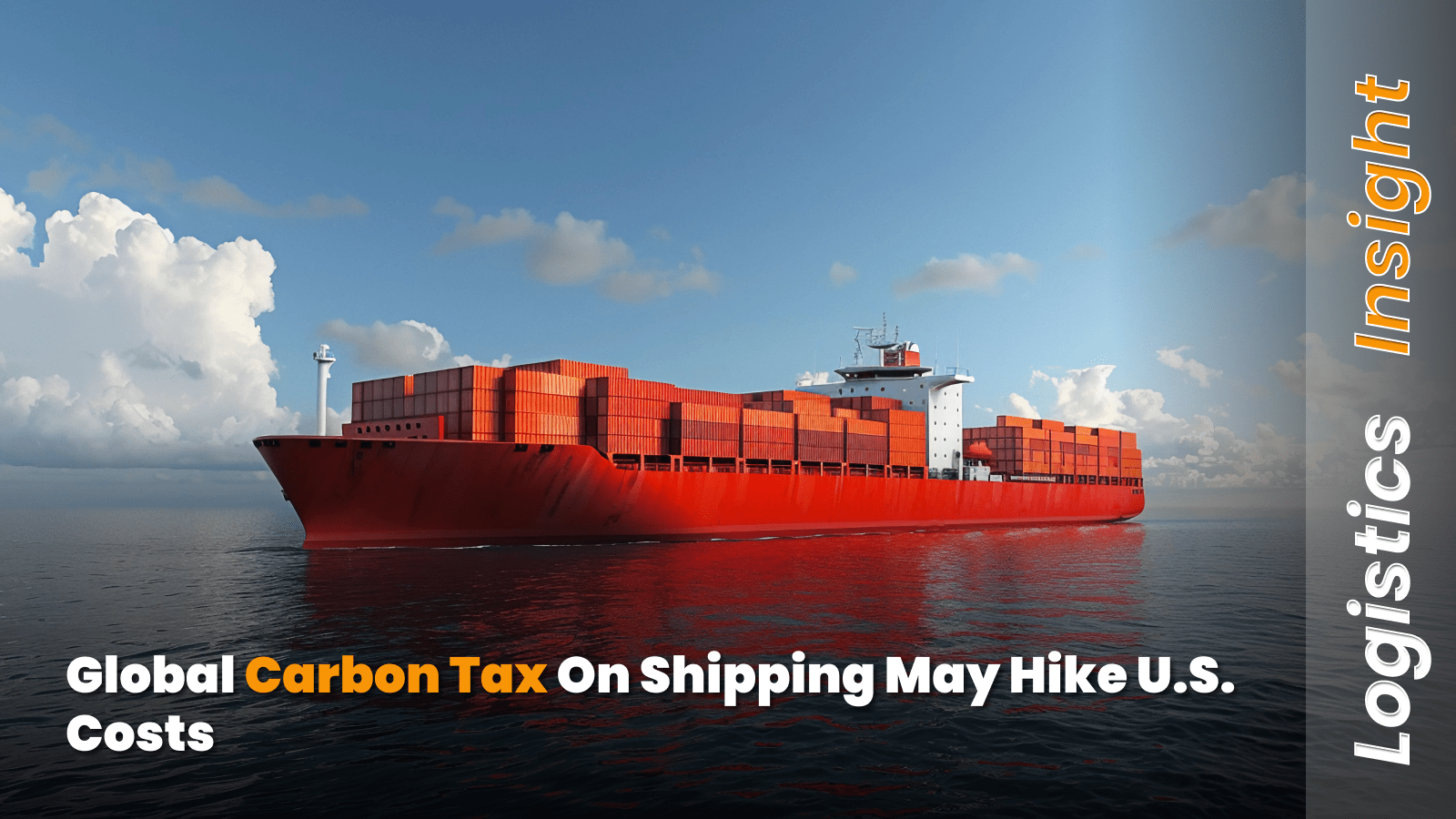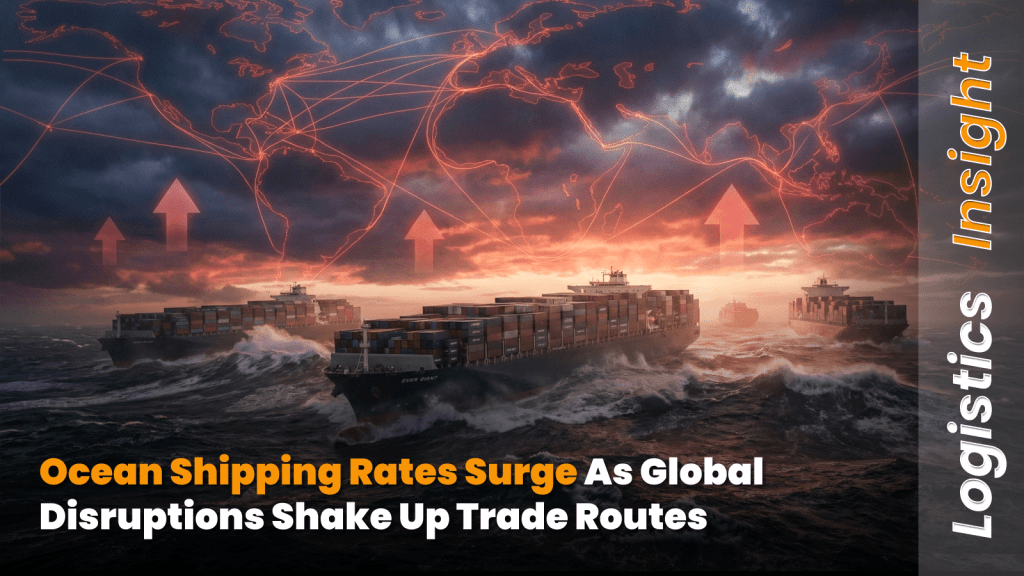
Global Ocean Shipping Carbon Tax Could Impact U.S. Consumer Prices, Critics Warn
IMO Pushes for Zero Emission Vessels by 2050
Government officials and international regulators are meeting this week to finalize a landmark global carbon tax targeting emissions from ocean shipping. While the initiative aims to achieve net-zero emissions by 2050, critics caution that the proposed fees could lead to higher prices for American consumers.
The proposal is being advanced by the International Maritime Organization (IMO)—the global authority overseeing maritime shipping. It stems from a 2023 agreement that committed member nations to slashing greenhouse gas emissions in ocean freight transportation.
The IMO’s Marine Environment Protection Committee is convening in London to discuss how to structure emission-based charges and introduce sustainable protocols for the shipping industry. If adopted, these new regulations would apply to vessels involved in container shipping, crude oil transport, and other major cargo operations across participating countries.
Key Proposals and Emission Targets
The U.S. supported the IMO’s 2050 zero-emissions goal under the Biden administration. However, there has been no formal response from the previous Trump administration on this current proposal.
Supporters of the carbon tax argue that it would incentivize vessel operators to shift from fossil fuels to cleaner alternatives like ammonia, hydrogen, and methanol. The added cost burden from emission fees would help bridge the price gap between traditional and green marine fuels, pushing the industry toward full decarbonization.
Container vessels have grown significantly in size over the last decade, contributing to nearly 3% of global greenhouse gas emissions, according to the United Nations. In response, many shipping lines have already begun incorporating dual-fuel engines in new vessel builds as part of a shift to cleaner propulsion systems.
Varied Views on Carbon Fee Structure
Currently, around 60 countries support a flat carbon levy ranging from $19 to $150 per metric ton of CO₂ emissions. Meanwhile, nations like China, Brazil, Saudi Arabia, and South Africa are advocating for a cap-and-trade model instead. Some members are working to find a middle-ground solution.
Major players like China’s Cosco, one of the world’s largest container carriers, and Saudi Arabia, which relies heavily on tanker fleets for crude oil exports, are key stakeholders in the ongoing negotiations.
Advocates of the flat levy argue that it offers a more transparent and equitable solution, ensuring wealthier shipping companies cannot simply buy compliance through trading emissions credits. However, critics warn that a steep, universal carbon tax could increase ocean freight rates, ultimately leading to higher costs for shippers, importers, and U.S. consumers purchasing everyday goods such as food, electronics, and apparel.
Source – https://www.freightwaves.com/news/ocean-shipping-carbon-tax-could-gouge-us-consumers-say-opponents



